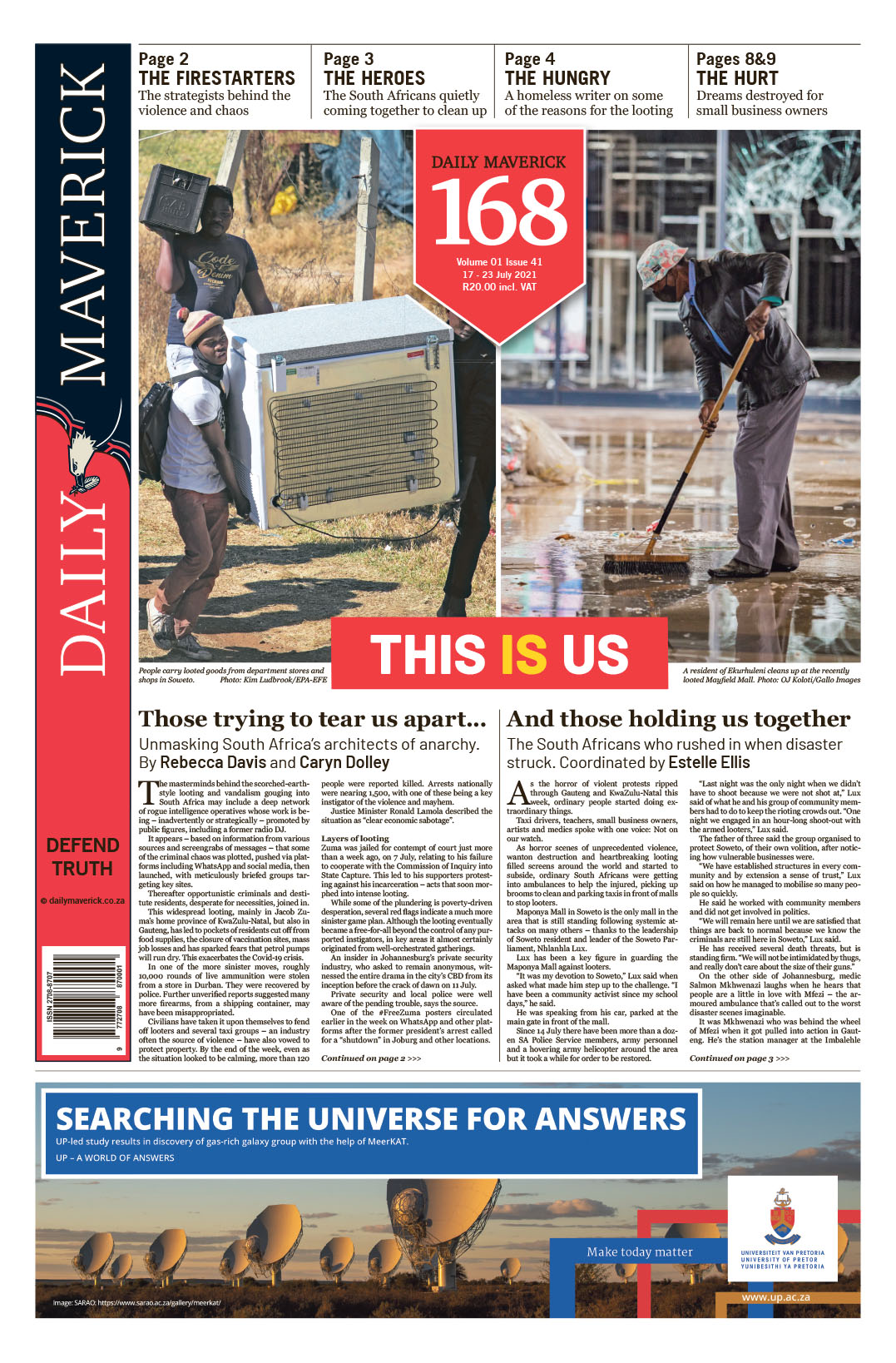It was first published in Daily Maverick 168 Weekly newspaper.
This phrase is usually attributed to Genevan mathematician and philosopher Jean-Jacques Rousseau. He wrote his 1762 text of the same name, which is still standard reading for first-year political science students.
In it, he outlined the basic contract, or pact, between the state and the individual that must exist if the state is to be legitimate toward the individual. For a state to be legitimate, individuals must surrender certain liberties to the authority of the state in exchange for the protection of their remaining rights and the maintenance of order.
Rousseau's example of land ownership may sound particularly pertinent. He believes that land can only be owned if three conditions are met: it is uninhabited, the owner claims only what is necessary for life, and ownership is legally granted through continuous labor and cultivation. , can legally claim ownership. Some might therefore suggest that those opposed to land reform in South Africa should reconsider their political philosophy.
However, in the modern context, there are some more important ways in which the concept of social contract can be applied in South Africa.
First, there is a fundamentally economic element. In order to respect the rules and legitimacy of the state, states should establish a framework that provides at least equal access to economic opportunities for all citizens. If it does not exist, what incentive does an individual have to submit to state-mandated economic disenfranchisement (for example, not being able to watch television without paying)?
It is clear that South Africa's social contract has been fraying for years, perhaps decades. A quick look at South Africa's economic statistics confirms this. Unemployment has increased by nearly 10% over the past decade, but the basic numbers are even more shameful. There are over 7 million unemployed people in South Africa, with over 3 million not working or even looking for work as it is clearly a waste of time. Therefore, one in six South Africans is aware every day that the state is not honoring the social contract.
Furthermore, South Africa is the most unequal country in the world with a Gini coefficient of 63.0. The statistics are incredible. According to a 2020 World Bank report, the richest 10% own 71% of wealth, while the poorest 60% own only 7% of wealth. More than half of South Africa's population, approximately 55.5%, lives in poverty, with a monthly income of less than R1,200.
Second, Rousseau writes at length about the different systems by which a social contract can be successfully enacted. He concludes that a city-state like his hometown of Geneva may be the best system. A great power like France is too unruly. In any case, his point is clear. If the state is unable to achieve agreed upon order, protection, and freedom, other regional or sectarian systems may be explored.
President Ramaphosa's labeling of this week's unrest as “ethnically motivated” has been called foolish by political analysts, who say it risks legitimizing it. However, in the absence of a functioning legitimate state, it is reasonable for individuals to seek different social contracts along sectarian and ethnic lines.
Third, Rousseau's contract has a real social element. It is not a concept rooted purely in legislative theory. The state undertakes to provide the basic services that enable society to function. Access to education, health care, electricity and water is one side of the bargain. If that does not happen, individuals should not expect to respect national property and be prevented from destroying it. Protests and “loots” of delivery services are sadly rarely mentioned by the press or government, but protests and “loots” of delivery of services, which Rousseau would have been perfectly familiar with, are There is a kind of calm, clear logic and rationality.
His final point is that the state is not justified by force, but only by consent. As soon as that consent is given, the state immediately loses its power and the contract is annulled. This week, consent to state rule was forcibly, deliberately, and rationally withdrawn in parts of the country. From that moment on, history has shown (perhaps more strongly in South Africa than anywhere else) that once a contract has expired, it is extremely difficult to repair it. This isn't condoning violence, just saying it's unreasonable to expect anything else. As South Africans try to consider what will happen in the coming months and years, it is worth asking whether it is really possible to repair this shattered agreement. DM168
This article first appeared in our weekly Daily Maverick 168 newspaper. The newspaper is available free to Pick and Pay Smart Shoppers at these Pick and Pay stores until July 24, 2021. Starting July 31, 2021, DM168 will be available in his R25 exclusively on Pick n Pay. Books and airport bookstore.


